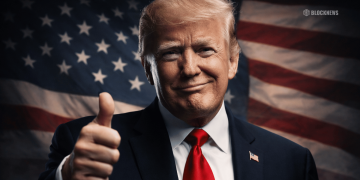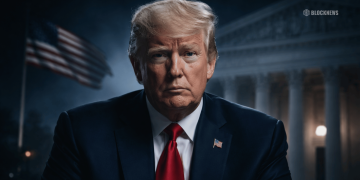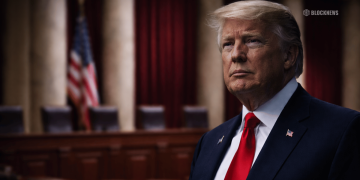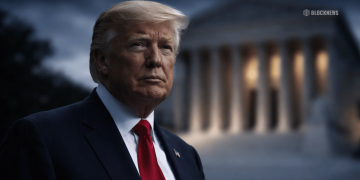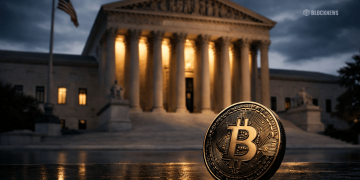- Meta uncovered nearly 4,800 fake accounts originating in China that aimed to polarize American voters ahead of the 2024 presidential election. The accounts used fake profiles of everyday Americans to seem authentic.
- The accounts reshared extreme partisan political content from both liberal and conservative sources to inflame divisions among voters. This highlights threats of online election disinformation.
- While Meta says it’s committed to integrity, critics argue it fails to address misinformation already on its platforms. More action may be needed before 2024.
Meta, the parent company of Facebook and Instagram, recently uncovered a network of nearly 4,800 fake accounts that appear to have originated in China with the goal of polarizing American voters ahead of the 2024 presidential election.
How the Fake Accounts Operated
The interconnected fake accounts used profile photos and names that seemed to belong to everyday Americans. They also listed fake locations across the US. This was likely done to make the accounts seem more authentic.
The accounts did not create their own fake content. Instead, they reshared existing posts from politicians, news outlets and other sources on Twitter. The goal did not seem to be promoting one political side, but rather amplifying extreme partisan views on both ends of the spectrum.
By reposting content from both liberal and conservative sources, the accounts aimed to inflame political divisions and distrust among American voters.
Election Disinformation Threats
This network highlights the threats of online disinformation leading up to major elections next year. In 2024, national elections will take place not only in the US, but also in India, Mexico, Ukraine, Pakistan, Taiwan and other countries.
While this network struggled to build an audience, it serves as an important warning sign according to Meta, which owns Facebook and Instagram. The company says it will remain vigilant against foreign actors attempting to manipulate public discourse online ahead of the 2024 contests.
Meta’s Role in Combatting Disinformation
Meta says the identification and removal of this network shows its commitment to protecting election integrity. However, critics argue the company has failed to address the spread of misinformation and hate speech already present on its platforms.
For example, Meta continues to allow paid ads promoting false claims about the 2020 presidential election, despite the claims being repeatedly debunked. The company also permits the use of digitally altered media to malign political figures.
Many experts say Meta and other platforms are still not doing enough to counter disinformation, especially with major elections looming. It remains to be seen whether the companies will step up voluntary efforts to police their sites leading up to the 2024 contests.



